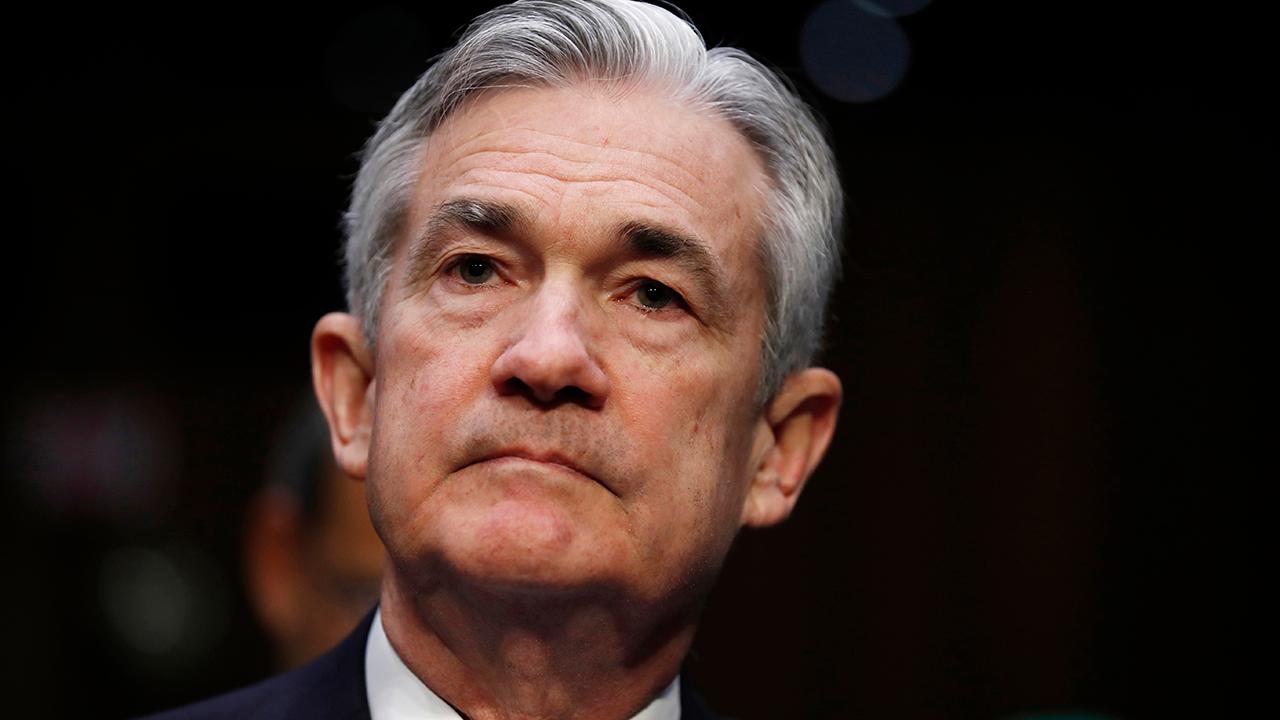Trump-Powell truce? Dow rallies. Government should take note
Job growth is strong, wages are rising and the Fed may be pausing. So, will there be a truce between President Trump and Federal Reserve Chair Jerome Powell to the market’s delight?
After all, who knows what’s best for the economy? The Fed? Trump? Wall Street? Or Main Street? As 2019 gets underway and the markets continue their roller-coaster ride, the plain truth is that as government power and interference grows, so too does market instability.
Under eight years of President Obama’s policies, economic growth rates averaged under two percent. During Obama’s term, taxes and regulatory costs across the economy increased. Basic economics, i.e. the law of demand, will tell you that the more something costs, the less of it you get. That applies to economic growth as well.
Growing government
Keep in mind that it was not all Obama’s fault. For the last fifty years, our governments have been steadily growing under Democrats and Republicans. Government is now our largest industry and its spending represents 37% of the economy.
If you add on the costs of regulations at all levels of government, now somewhere north of $2.2 trillion per year, over 50% of the U.S. economy is either government spending or our spending in response to it.
It should be little wonder that, as those costs rose, economic growth dropped from an average of four percent per year to around two percent. More government results in less economic growth – just ask the European Union, which has had zero growth for years.
Trump understands that. So, he set about cutting taxes and regulations - and the economy responded. Economic growth predictably (at least among those of us who truly believe in economics) jumped. For much of Trump’s first year in office, the stock markets reflected the change in policy direction.
So after climbing well over 30%, why did the market stop rising? Why is Wall Street coming off its worst year since 2008?
The disconnect
And now for the important part. What is the real source of that uncertainty?
Has it been the Fed’s rate hikes? Powell’s policy statements? Is it Trump’s trade policy? Trump’s tweets? Is it the Democrats' victory in November? The partial government shutdown? If you research what has been written on the issue, those are among the most cited reasons for the troubles over the last three months.
Did you notice what they have in common? They are all government actions or potential government action.
The foundations of the American economy are better today than they were before Trump took office. The corporate tax code, now based territorially instead of a worldwide system, along with the lower rates, represents a significant lowering of the costs associated with doing business in America. Trump also ended Obama’s war against business with his regulatory reforms.
Not surprisingly, manufacturing optimism is at an all-time high and consumer confidence, reflected in increased holiday spending, is high too. Wages are rising and unemployment is lower than two years ago. Economic growth above 3.5% will do all of that for an economy.
Government interference cannot. Government action or the threat of it brings down economic growth and causes market instability. That has been true throughout all of history, and lies at the heart of the most recent market instability.
When it comes to the Fed, the idea that it knows the proper growth rate at a given time, and therefore should be managing the growth rate of a $20 trillion economy is worse than foolhardy. Trump is right about that too, and is rightly piqued that the Fed, as I see it, is trying to reduce growth and the jobs that come with it.
Government action, our Fed included, often hurts economic growth – rarely do they help. Indeed, at over 50% of the economy, our governments substantially reduce growth. Potential policy swings between wars on energy and deregulation, taking over health care or allowing the markets to flourish add every greater uncertainty.
That’s why the Democrats' plans to vastly increase the size of government hurts long-term investment hopes and therefore the markets. More government is not the cure for reduced growth and economic returns caused by government.
Sooner or later, those at the Fed and on Wall Street will come to realize what many on Main Street already learned under Reagan: Government is not the solution to our problems. Indeed, government interference, ever larger in scope, not only hurts the markets by creating uncertainty, it lowers growth and our standard of living.
As for Friday's signal that there could be a pause in governmental action, let us hope everyone in Washington, DC understands its value -- and not just to the markets.
Thomas G. Del Beccaro is the author of The Divided Era.




















